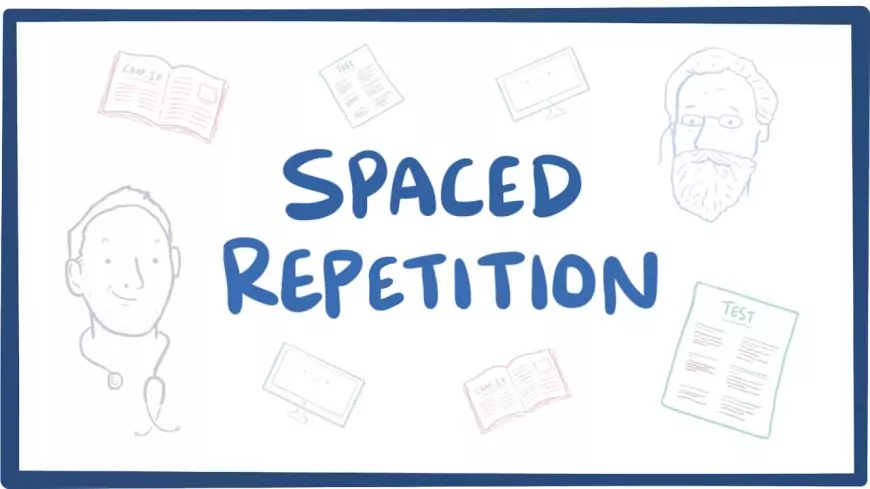The Power of Spaced Repetition
we'll explore the science behind spaced repetition, its practical applications, and how you can integrate it seamlessly into your study routine.

Welcome to EduXpdf, where we delve into the transformative technique known as spaced repetition. If you're a student seeking to elevate your study game, you've come to the right place. In this blog, we'll explore the science behind spaced repetition, its practical applications, and how you can integrate it seamlessly into your study routine.
Understanding Spaced Repetition:
Imagine your knowledge graphed over time. Initially, after learning new material, your grasp on it is strong. However, without reinforcement, you gradually forget. This forgetting curve, as research indicates, follows an exponential decline. Here's where spaced repetition comes in. Instead of indiscriminately reviewing everything repeatedly, this method optimizes learning by strategically spacing out reviews.
Why Spaced Repetition Works:
The essence lies in timing. By reviewing material just as you're on the brink of forgetting, you reinforce it efficiently. This allows your brain to consolidate information into long-term memory, maximizing retention. Unlike traditional rote memorization, spaced repetition focuses on quality over quantity. It's about smart studying, not endless repetition.
Implementing Spaced Repetition:
Now, let's break down how you can integrate spaced repetition into your study routine effectively:
-
Thorough Understanding: Before diving into spaced repetition, ensure you grasp the material initially. Techniques like teaching back or the Feynman technique can help solidify your understanding.
-
Review Schedule: After your first encounter with the material, initiate spaced repetition. Review it one day later, then three days later, followed by a week later, and finally a month later. Adjust the intervals based on your familiarity with the content.
-
Utilize Technology: Managing spaced repetition manually can be daunting. That's where apps like Anki and RemNote shine. With built-in spaced repetition algorithms, these apps streamline the process, ensuring optimal review timing without the guesswork.
Benefits of Spaced Repetition:
The advantages of adopting spaced repetition are manifold.
- Efficiency: By focusing on what you're about to forget, you maximize study time while minimizing redundancy.
- Long-term Retention: Spaced repetition aids in transferring information from short-term to long-term memory, facilitating better recall during exams.
- Reduced Cognitive Load: With a structured review schedule, you alleviate the burden of trying to remember everything at once, leading to better comprehension.
Enhancing Your Study Experience with Technology:
Anki and RemNote are not just flashcard apps; they're powerful study companions. With features like active recall and seamless integration with note-taking, these apps revolutionize the learning process. Active recall, another scientifically proven technique, further reinforces memory by actively retrieving information from your brain.
Conclusion:
Incorporating spaced repetition into your study routine can be a game-changer. It's not about cramming information but rather about strategically reinforcing it over time. By leveraging technology and proven study strategies, you can enhance your learning experience and achieve academic success.
Stay Connected: For more study tips and resources, visit our forums. Explore our library of free study guides and eBooks to supercharge your learning journey. Have questions or insights? Drop them in the comments below, and don't forget to subscribe for more content.
Thank you for joining us on this exploration of spaced repetition. Remember, mastering the art of learning is a journey, and we're here to guide you every step of the way.
Keep learning, keep growing, and until next time!
What's Your Reaction?























![Apple Pencil vs. Magic Keyboard [Student-Focused Review]](https://eduxpdf.com/uploads/images/202404/image_430x256_662234ec7da13.webp)












![Apple Pencil vs. Magic Keyboard [Student-Focused Review]](https://eduxpdf.com/uploads/images/202404/image_140x98_662234ecd597a.webp)





